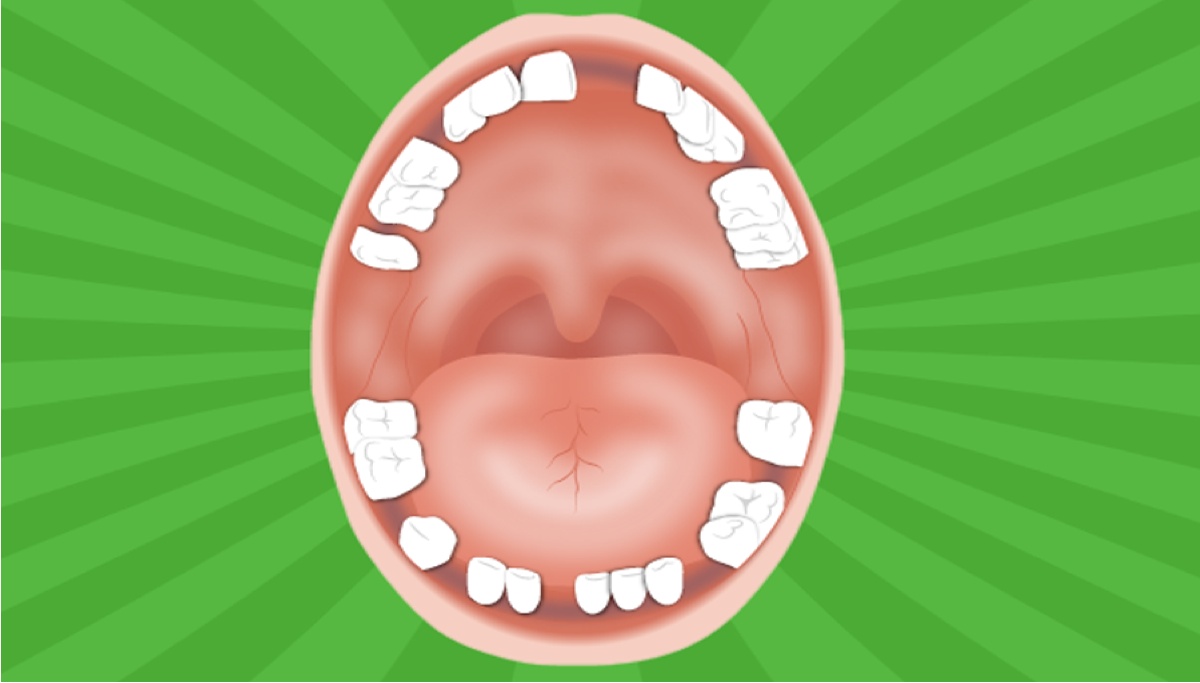Tooth loss doesn’t have to occur as we age. When adults lose a tooth, it’s usually from knocking it out or having poor oral health.
A variety of oral health conditions can lead to tooth loss. Dental caries (cavities) and periodontal disease are the most common. But good oral hygiene and preventive dental care will help you keep your teeth for your lifetime.
While 59% of South Dakotans say they accept they'll lose teeth as they age, it doesn't have to happen. It's possible to keep natural teeth into old age. Advances in oral healthcare means that complete tooth loss is much less common. The American Dental Association found that complete tooth loss in adults age 65-74 decreased by over 75 percent in the past 50 years!
Preventive dental care and natural teeth in old age
Preventive dental care becomes more important for older adults because new factors start to impact their oral health.
- Medications for health condition can lead to dry mouth, which makes you more vulnerable to tooth decay and gum disease;
- Age-related conditions, like osteoporosis or Sjogren's Syndrome can affect oral health; and
- Retirees may not continue dental benefits once provided through an employer.
Why does keeping natural teeth in old age matter?
People with their natural teeth have better health and a better quality of life.
Oral health problems can cause pain, anxiety, embarrassment, and sleeping problems. Nerly 20% of South Dakota adults reported it even caused them to reduce their social life.
Missing teeth can also impact nutrition. Individuals with missing teeth report eating less foods that are harder to chew. Unfortunately, they often give up vegetables, fruits, and proteins in favor of softer more processed foods with reduced nutrient and dietary fiber necessary for a healthy diet.
Research has even suggested tooth loss can be an indicator of a person's life expectancy.
Tips to keep your teeth as you get older
It’s never too late to practice good oral hygiene and preventive dental care. The tips to keep your mouth healthy are true whether you’re 8 or 80:
- Brush twice every day with fluoride toothpaste;
- Floss regularly;
- Visit the dentist;
- Drink water (it’s better for your whole body); and
- Eat a healthy diet.
A healthy mouth is a happy mouth. We want you to enjoy yours for a long time!

